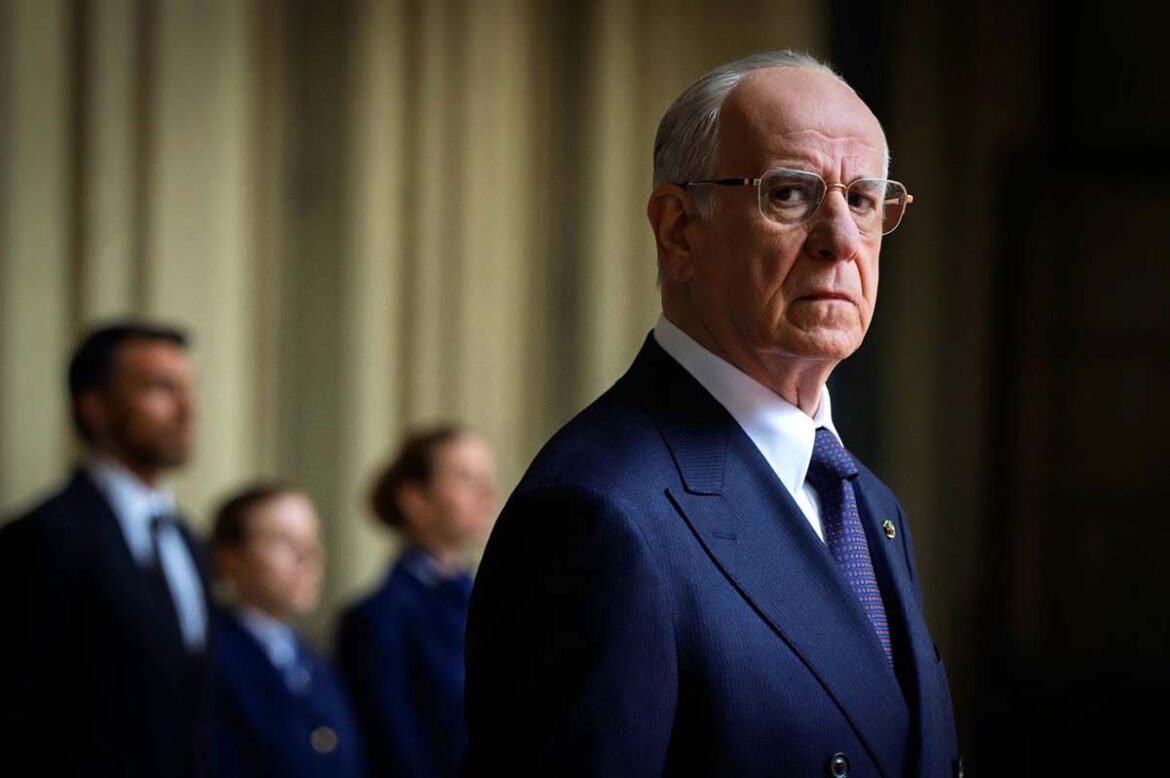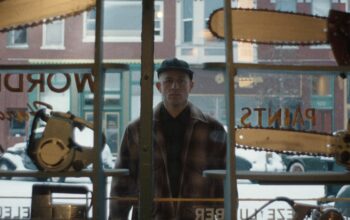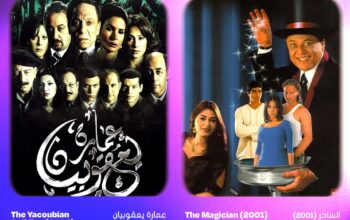Venice – Special “Cinematography”
Paolo Sorrentino’s films, such as “The Great Beauty” and “The Hand of God,” have been characterized by the fiber and movement of Brazilian passion, romance, and a fractured family. But in his new film, “La Grazia,” which opened last night at the 82nd Venice Film Festival, the director shares a study of physical, moral, and political deterioration, using it to conclude, however, in a way that is not entirely clear.
Although he holds the position of Prime Minister in parliamentary, non-monarchical countries, four people are responsible for naming the first person by his name. They do not display the executive power, nor the charisma and historical significance of the king.
Countries with dying presidents, often men with a more sinister and generous personality, are also in favor of Portugal, Germany, Finland, and Switzerland, while Italy is encouraged.
Mariano De Santis (Toni Servillo), nearly sixty, is no exception. His eyes are sad, his expression emotionless.
He has overseen six constitutional crises without lifting a finger, and he could barely sign a bill legalizing euthanasia.
Mariano, nicknamed “Reinforced Concrete,” is the epitome of inaction. His role is to maintain the status quo and usher in change.
He sees himself as an agent of bureaucracy, hostile to innovation. He is a symbol of the past, redolent of old books and art.
Sorrentino highlights this sense of decadence and frivolity with a timid figure with imposing palaces and bulky, professionally believable furniture.
Mariani appears young, literally and figuratively. The tragic realization of aging comes when the butterflies visit him—a haggard old man.
A veritable storm blows the red carpet through the air, knocking the frail head of state to the ground.
The strange events unfold to a blazing electronic soundtrack.
This, coupled with Daria D’Antonio’s superb cinematography, gives the proceedings a bleak music video feel. The sound of the new is jostled by an old image. We witness the body. The result is powerful and extremely symbolic.
Most of this 133-minute drama revolves around Mariano’s reluctance to sign the euthanasia bill.
Three distinctly different stories shed different light on the subject. Elvis, the president’s favorite horse, must be put down because he is in too much pain, but the president refuses to grant him much.
A woman seeks a presidential pardon for killing her husband, claiming domestic violence, only to discover he was “corrupt” inside.
And a man who took the lives of sick creatures out of the blue (a specific case of compassion killing) may be entitled to another pardon. Since Mariano is about to end his term and not be arrested again, this might be the perfect time to issue this pardon.
Mariano experiences the animal and political implications of these measures. These things have implied his sanctity and his legacy.
The contemporary title of the book, “Era,” has a double meaning. It refers to “pardon” in the sense of pardon, and thus also to divine grace (a theme that comes up in one of Mariano’s many conversations with his confidant, the Pope).
“La Grazia” repeatedly and remarkably contrasts the divine with the human. For example, Mariano explains that the Pope is only obligated to respond to God, while he is more like a child (life is believed to reach a stage of socialization where basic awareness is established, with children assuming the role of the emblem).
His daughter, Dorothea (Anna Ferzetti), is a hard-headed lawyer trying to influence her father, while Roberto is a successful musician abroad (his compositions are little more than the exquisite nouba music that graces the film’s most poetic scenes). Mariano’s late wife, Aurora, is also a pivotal character, though she hasn’t been permanently delayed. She continues to haunt Mariano, driving him to the prison where he had a 40-year affair with Ugo Romani (Massimo Venturiello). Ugo is the Israeli Minister of Justice, Mariano’s childhood friend, and his eventual successor. But the pace holds a surprise for Mariano, with an unexpected revelation and gesture of forgiveness.
Despite the political subject matter in Yemen, “La Grazia” is not a political film at all. Rather, it is about the power of politics as a plot device, and the politician is merely a known agent. Sorrentino seems to believe that power has no power or capacity to foster political change. Just a few days ago, he said that nothing films can influence more than the days of the Gaza genocide.
Sorrentino’s twelfth feature returns to themes of cloth politics, religion, and the vanishing body.
Overall, it’s an ambitious drama, with a script that has multiple guardians and multiple subplots. It has very strong and distinctive moments, especially its slogans, and seeks to achieve human armament through performance in volunteer programs such as Grief and Death.









